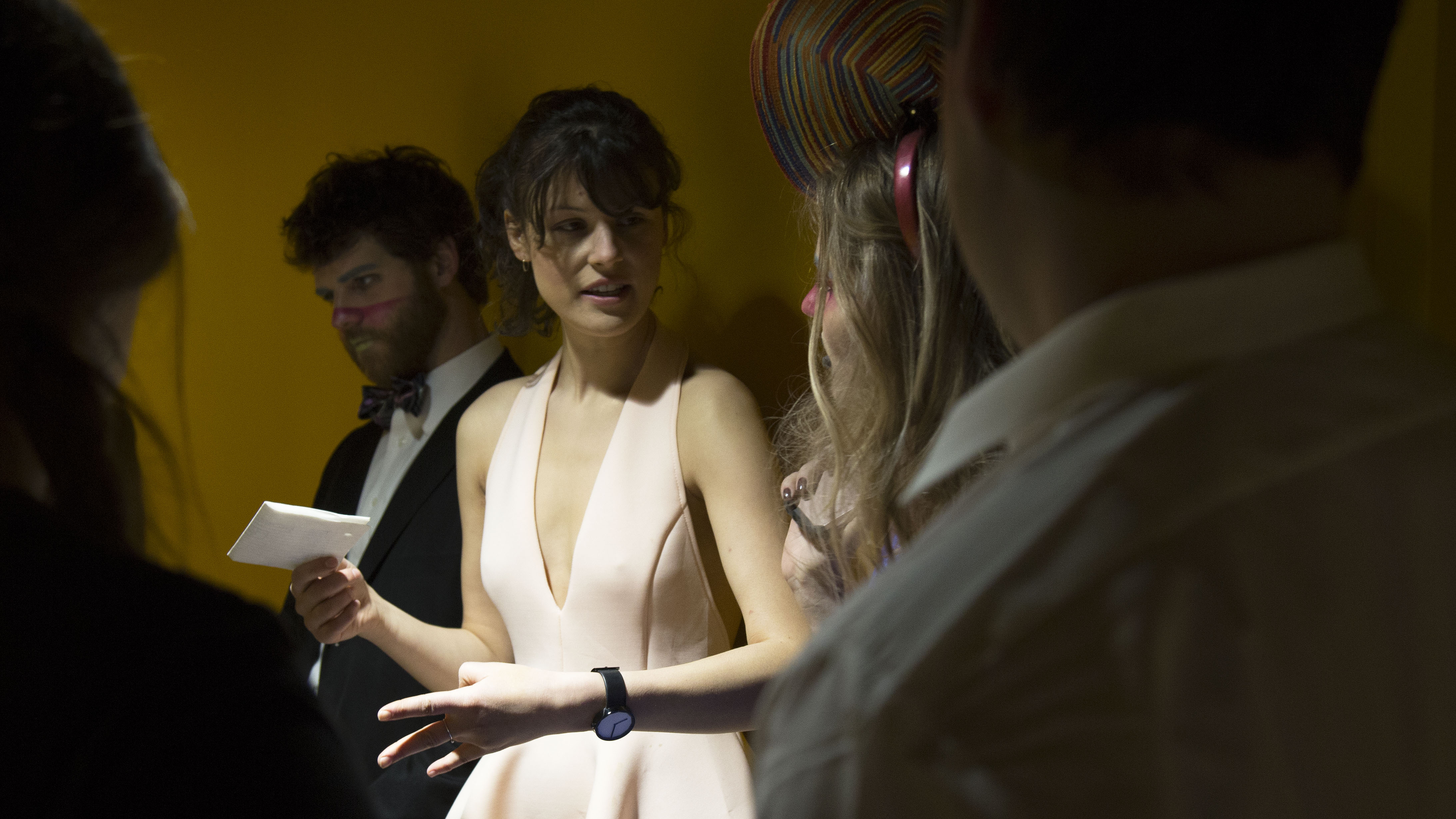A math professor who was suspended for three months at the University of Manitoba is currently embroiled in a legal battle against the university.
Gabor Lukacs is taking legal action against what he believes was an unfair decision to award a student their PhD without fulfilling all the necessary requirements, after attempting to resolve the matter within university channels.
The dispute began after the student failed a comprehensive PhD candidacy exam for the second time, requiring him to withdraw from the PhD program, according to U of M regulations.
The student successfully appealed the requirement to withdrawal to dean of graduate studies, Jay Doering, who in late Sept. 2009 announced his decision to waive the PhD candidacy examination requirement for the student, after the Graduate Studies Committee requested otherwise.
According to documents within an affidavit filed by Lukacs, Doering explained in an email that it is university practice to resolve appeals at the lowest level possible.
“I reinstated the student and waived any requirement to sit [through] another comprehensive exam after discussion with student advocacy and student counseling, as we believe this is to be the correct course of action,” said Doering.
Doering’s office had not commented by the time the Manitoban went to print.
Lukacs explained that his issues are not with the student, whom he has personally never met, but with the manner in which the case was handled by Doering and believes it reflects poorly on the academic integrity of the university as a whole.
“It also affects the reputation and the social appreciation of my profession,” said Lukacs.
“It is unfair to all other hard-working students that one student gets a degree, in fact a doctoral degree, without having fulfilled the requirement.”
Lukacs was suspended without pay after revealing the student’s name in a court application for judicial review. The application asks for judicial review of the decision to waive the requirement for an exam, the decision to upgrade the student’s undergraduate course and a declaration that the student has not fulfilled the requirements to obtain their PhD.
The application was filed with the Court of Queen’s Bench in late September.
According to a letter from university president David Barnard, obtained by the Manitoban, these actions violated the student’s privacy, stating that the court documents included “unauthorized reference to a student’s personal [information] and personal health information.”
“You have engaged in a pattern of behavior with regard to this student which the University considers to be harassment [ . . . ]”, said Barnard in the letter, stating that Lukacs actions had been contrary to the Respectful Work and Learning Environment policy.
U of M director of Public Affairs John Danakas said that the university could not comment on the case, citing privacy and confidentiality legislation.
However; Danakas explained that the university takes its obligation to protect the privacy of its students and staff very seriously, stating that students “presume their private information will be kept confidential.”
“Students have a right to expect that their private information, such as health information, for example, will not be disclosed publically by university staff.”
Danakas explained that the university has a number of established avenues to address academic issues in general, which should not entail violating a student’s privacy.
“Certainly, informed debate about academic issues is encouraged,” said Dankas.
“What would not be encouraged, however, because it contravenes privacy legislation, would be identifying individual students in a discussion about general academic principles, polices and guidelines.”
In response to allegation that he had violated the student’s privacy, Lukacs argued that “the administration have been making cynical use of privacy issues in order to give a gag order to my colleagues and to try to silence legitimate criticism about their conduct.”
He explained that his requests to meet with a lawyer from the university before filing his application to discuss ways to protect the student’s privacy were refused.
Several students and staff at the U of M have come out in support of Lukacs, with a petition circulating in an attempt to end his suspension that has been signed by 80 students.
Veronika Eliasova, a student of Lukacs, organized the petition after learning of her professor’s suspension and wanting to do something to show her support.
“He cared more about how this whole thing was going to affect his students more than himself.
I knew right away without any hesitations what side I would stand up for,” said Eliasova.
Graduate Students’ Association vice-president (academic) Peter Nawrot explained that while he understands the position Lukacs is coming from, he finds it concerning that he would go to such extreme measures to contest the decision of an elected group.
He explained that, generally, the Senate committee approves the lists of students graduating from graduate programs, which would have also been the case for the student at the centre of this legal battle.
“That’s the procedure that’s always been followed, in all my years that I’ve attended Senate,” said Nawrot
“I find it really a little bit concerning that when someone doesn’t agree with the decision of an elected group, that they would proceed to a legal challenge.”
However; Nawrot said that he did not agree with the decision to suspend Lukacs, saying that he felt it was too severe on the part of university administrators and reflected how heavy-handed they can be with those who disagree with them.
“It’s just reflective of what’s going on at the university,” said Nawrot.
A court hearing is set for Nov. 30, with the U of M filing notice that it will contest the case by Nov. 5.




